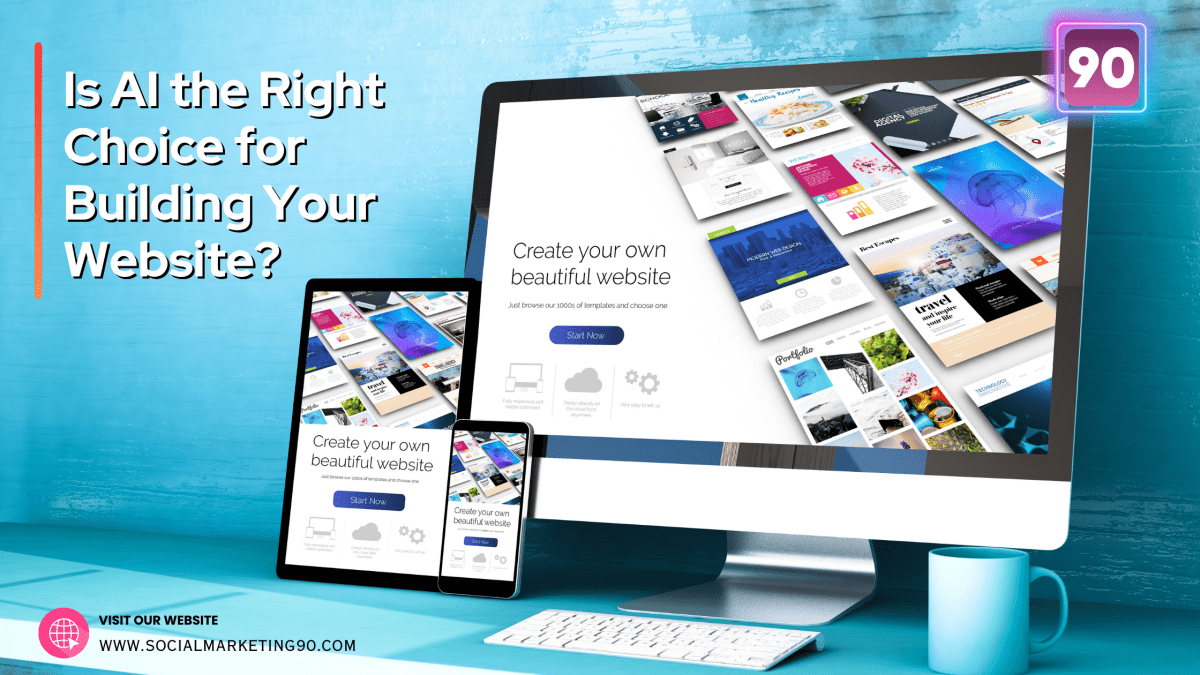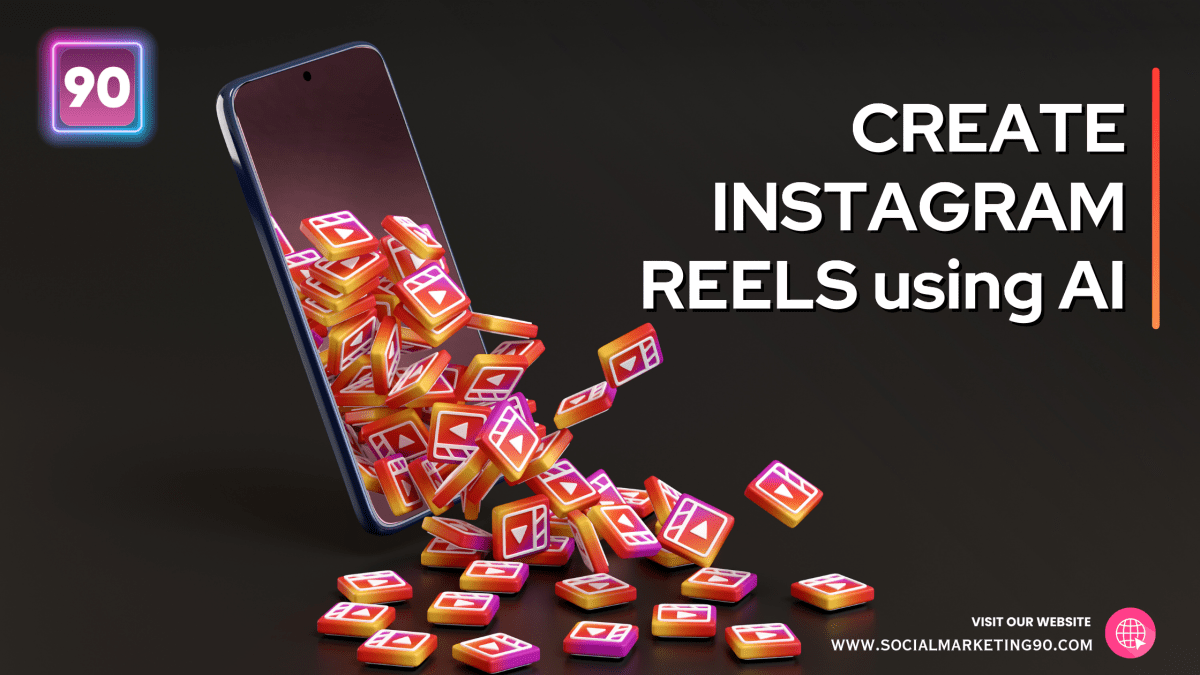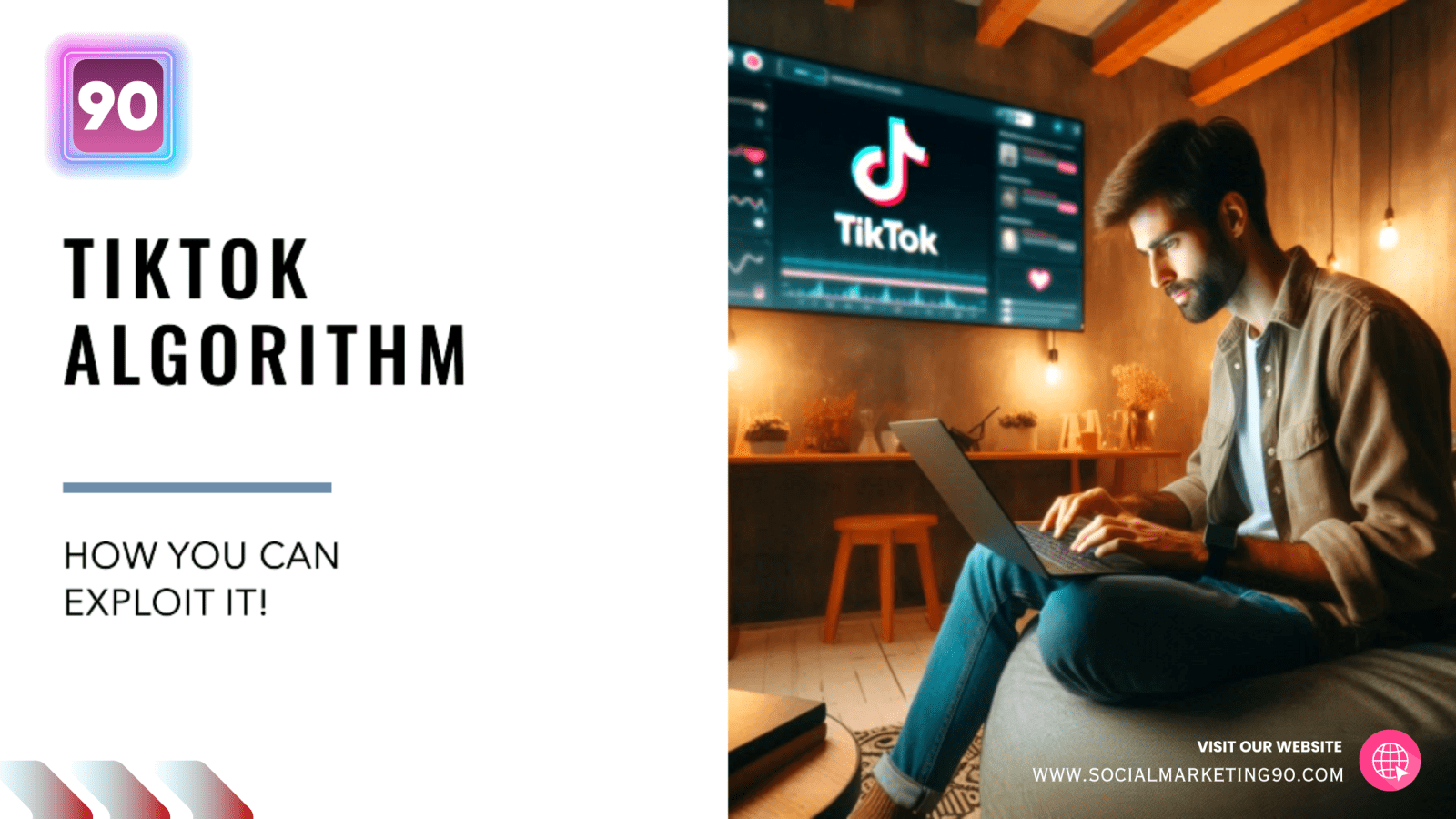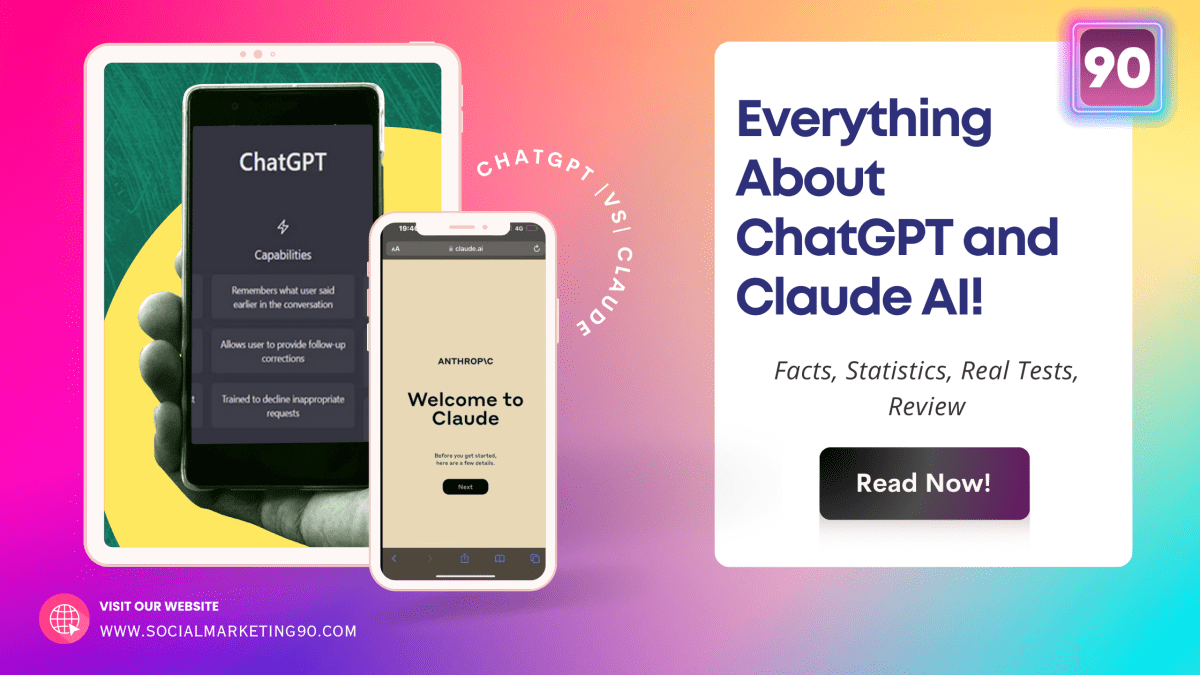No matter your initial dreams of becoming an influencer, money is a big motivator. You’ve probably heard that the influencer world is a booming $250 billion industry in 2024. Sounds great, right? But when you look closer at how much influencers really make, you find that 26% earn under $1,000 a year from their work, and 25.1% barely make between $1,000 and $10,000 annually. This means most influencers aren’t making the big bucks.
If you want to be one of the few who do stand out, getting support from an influencer agency could help. While an agency isn’t just going to hand you money, their support can help you go much further than you might on your own in this competitive field. This article will cover all you need to know about influencer agencies, including what they are and if you should consider using one. Let’s get into it, shall we?
What Is an Influencer Agency?

Some people mix up influencer agencies with influencer marketing agencies, but they’re not quite the same. An influencer agency acts like a talent agency specifically for influencers.
It focuses more on representing influencers, handling their collaborations with brands on marketing campaigns, and assisting them in building their personal brands.
What Does an Influencer Agency Do for Influencers?
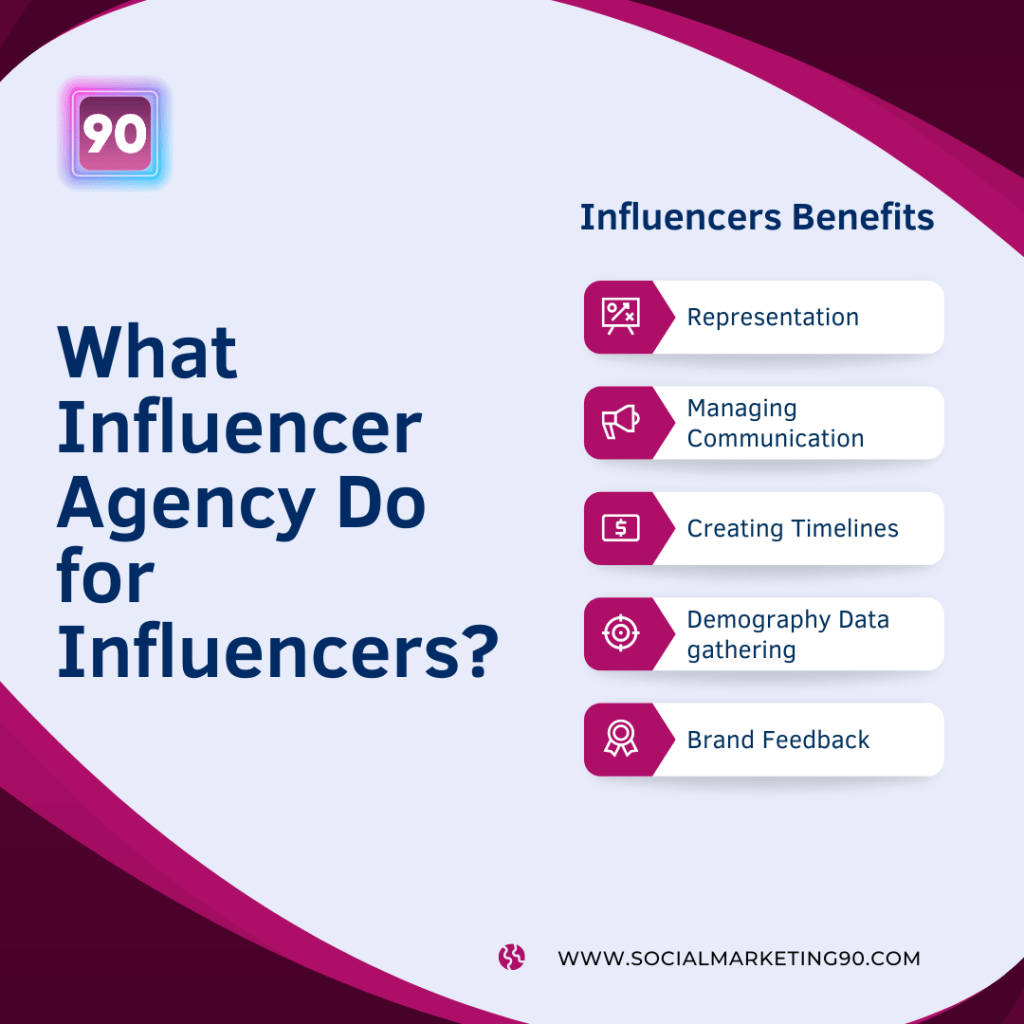
In simple terms, an influencer agency does quite a bit for an influencer. But what exactly does that involve? Let’s break it down.
#1 Representation
An influencer agency essentially becomes the influencer’s professional face once they sign a management contract. This means the agency acts on behalf of the influencer, taking care of negotiations and dealings with brands, allowing the influencer to step back from the direct negotiation process and focus on their content and personal brand.
#2 Managing Communication
An influencer agency isn’t your social media manager or personal assistant, but they do play a crucial role in mediating communication. They act as a bridge between brands and influencers: brands communicate their needs and messages to the agency, and the agency then relays this information to the influencer. This setup ensures that the influencer can focus on their creative work while the agency handles the business communications.
#3 Setting up Content Timelines
An influencer agency works with the brand to craft an influencer marketing strategy. This strategy includes the brand’s goals, key messages, themes for content, and what they hope to achieve with the influencer’s campaign. Then, the agency lays out a timeline, detailing when each step in the content creation process needs to be completed. They tailor these timelines to fit the schedule and capabilities of the influencer who will be executing the campaign.
#4 Gathering Demographic Data
Before committing to an influencer, brands often want to understand the influencer’s audience demographics—details like age ranges, genders, locations, languages spoken, education levels, marital status, preferred tech devices, and more. This information helps brands determine if an influencer’s followers are likely to be interested in their products or services. When an influencer is represented by an agency, the brand requests this data from the agency, which then collects and provides the necessary insights.
#5 Conveying Brand Feedback
Brands actively respond to the content created by influencers. If a piece of content does exceptionally well, the influencer will learn about the brand’s happiness through their agency. Conversely, if there are issues with the content—maybe the quality, the hashtags, captions, or even the photo angles—the brand communicates its concerns to the agency, which in turn, provides this feedback to the influencer. This ensures that influencers can adjust and improve their content based on constructive feedback.
Pros of Using an Influencer Agency as an Influencer

#1 Opens Doors to Exclusive Brand Partnerships
Having an influencer agency on your side is like having a VIP pass to connect with big-name brands, essential for anyone with a smaller following, like nano influencers (under 5,000 followers) or micro influencers (5,000 to 100,000 followers). Even those with over 100,000 followers find it easier to snag deals that might otherwise ignore their own pitches, thanks to the clout of being represented by an agency.
Take, for example, a major brand like Dunkin’ Donuts, the giant in the coffee and donut industry in the US. They’re unlikely to seek out a partnership with you unless you’re a superstar like Charli D’Amelio or even bigger. But with an influencer agency, you suddenly have the chance to get noticed and possibly land a lucrative deal. This isn’t just theoretical; back in 2019, Heartbeat, an influencer agency, managed to get hundreds of nano influencers sponsored posts with Dunkin Donuts, showcasing the power of having the right agency behind you.
In essence, an influencer agency can be your megaphone, making sure your voice is heard by those who matter, and amplifying it even further when you’ve already built a platform.
#2 Saves Time
Partnering with an influencer agency is akin to magically adding extra hours to your day. The agency not only strategizes to improve your content plan but also recommends hot topics and advises on the best times to post for maximum online engagement. They’ll get you media spots, interviews, and even magazine features to boost your visibility. Plus, they’re the ones on the hunt for brand deals for you. Without them, you’d be swamped, trying to juggle all these tasks on your own, leaving little energy for creativity or producing content for sponsored posts. With an agency’s help, you suddenly find your schedule much more manageable.
#3 Guards Against Unfair Contracts
Being represented by an influencer agency that genuinely looks out for its influencers means you’re less likely to get trapped in a bad contract. These agencies take the time to thoroughly review contracts, spotting any unfavorable terms before they even reach you. Their expertise means they can identify a bad deal and work to prevent you from getting stuck in one.
For instance, a brand might try to include an exclusivity clause in the contract, stopping you from collaborating with competitors for a certain time. While this may initially seem fine, it could severely limit your opportunities down the line. An influencer agency will scrutinize such clauses, considering how they might affect your future.
Another red flag an agency keeps an eye out for is any term that restricts you from using your created content for personal gain, such as including it in your portfolio or sharing it on your social media. Some brands might even try to prevent you from having any say in how the content is altered. On your own, it’s easy to miss or underestimate the impact of these terms. But with an agency’s protection, you’re much less likely to fall into these traps.
#4 Handling Crises
Mistakes in influencer marketing are pretty common; even the top names in social media have faced their share of troubles. Take Naomi Campbell, for example, who got called out for directly copying an email from Adidas into her sponsored post. Or remember the disaster that was Fyre Festival in 2019? Promoted by stars like Kendall Jenner and Bella Hadid, it ended up being a huge scam.
Now, imagine if something goes wrong with one of your campaigns, and you’re left to handle the fallout on your own. Without the support of an influencer agency, navigating through the crisis would be incredibly tough. Normally, an agency would step in quickly to help limit the damage, guiding you on whether to issue a public apology or remove the controversial post.
#5 Connecting with Peers for Collaborations
When you’re part of an influencer agency, especially one that specializes in your niche, finding other influencers to collaborate with becomes a breeze. Being on an agency’s roster not only means you’re in good company with influencers within your niche but also expands your network to their connections. It’s like being part of a close-knit community where everyone supports each other, making it much easier to team up and create together.
Cons of Using an Influencer Agency as an Influencer
#1 Commission Fees
First up, the cost. Influencer agencies generally take a 20% commission from the earnings of any brand deals they secure for you. While 20% might not sound like a lot at first glance, it can add up quickly. For top-tier influencers making $15,000 per post, a 20% cut means handing over $3,000 to the agency. This can be a tough pill to swallow, especially if you’re already well-established. And for nano influencers making around $80 per sponsored post, or less than $1,000 annually, the idea of giving up $200 to an agency might make you think twice.
#2 Agency’s Loyalty to Brands
Sometimes, agencies may prioritize the needs of the brands they work with over your interests. This could mean pushing you towards deals or demands from brands that aren’t in your best interest, leading to situations that feel less than ideal for your growth and authenticity as an influencer.
#3 The Influencer Becomes Dependent on the Agency
When you’re under an influencer agency’s wing for a long time, you might lose touch with how to handle things on your own. While it’s comfortable to be shielded from the grind, this ease comes at a cost. You might one day realize that despite your experience as an influencer, you’re not equipped to navigate the industry solo because you’ve never had to.
#4 Exclusivity Clauses
An influencer agency usually inserts an exclusivity clause into influencer contracts. Exclusivity clauses are clauses in your contract that prevent you from being represented by any agency other than the one you’re signing with. This is understandable. Being represented by multiple agencies could lead to scheduling conflicts and inefficiencies in brand collaborations.
However, exclusivity clauses also imply you’re somewhat bound to your agency for securing deals. If a brand approaches you directly, you’re obliged to direct them to your agency, which will then handle negotiations and potentially take a cut of the deal, even if they didn’t facilitate the initial contact.
Should an Influencer Use an Influencer Agency?

When you weigh it all up, teaming up with an influencer agency has its upsides that tend to overshadow the downsides. As you start making a name for yourself, the costs of being with an agency, like paying their cut or any upfront fees, become a smaller part of the big picture.
Try digging a little into any agency you’re eyeing. Maybe chat with some of the influencers they represent to get the inside scoop on how the agency supports them, what kind of doors they’ve opened, and their personal take on the partnership. It might take a minute to find your perfect match, but it’s time well spent.
If you’re the type who likes to fly solo, that’s cool too. It means more work on your plate, but you also get to keep all your earnings and have the freedom to build your brand on your terms, without any agency constraints.
Conclusion

Working with an influencer agency can free up your schedule, allowing you to focus on the creative side of things like making and polishing your content. However, using an influencer agency can be costly, and if you’re not careful in choosing the right one, it could slow down your progress. Ultimately, whether you decide to work with an agency depends on your goals as an influencer.
Think about what you really want to achieve, and then figure out if an influencer agency can help you get there.




